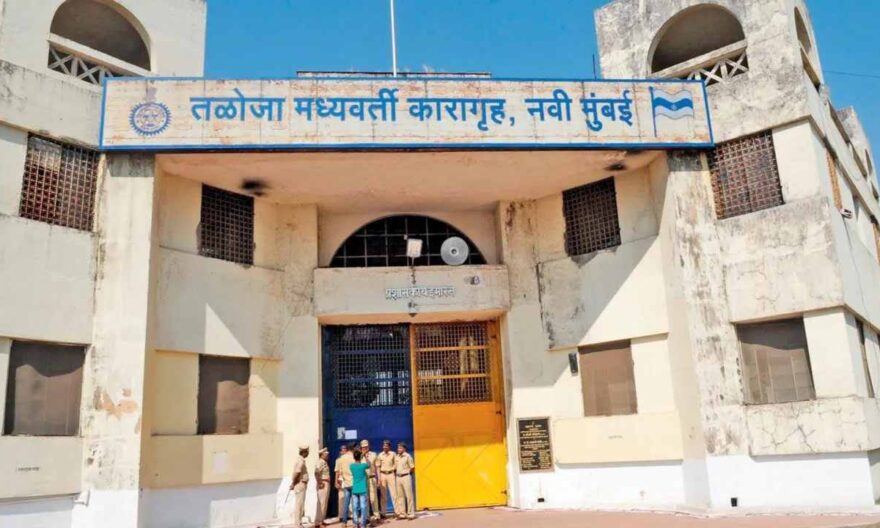
The Maharashtra Government informed the Bombay High Court on Friday that it has installed 20 water tanks, each with a capacity of 5,000 liters, at Taloja Central Prison.
Additionally, the installation of 5 RO water purifier plants for drinking water is scheduled to begin on September 1, 2023.
A division bench comprising Justice Revati Mohite Dere and Justice Gauri Godse disposed of a petition filed by an inmate seeking improved water facilities in the jail. The petition had alleged that inmates were provided with 1-1.5 buckets of ‘unclean’ water daily for various purposes such as drinking, washing, and bathing.
Assistant Public Prosecutor Prajakta Shinde informed the bench about the installation of water tanks and RO plants. In response, Justice Dere commented, “See! If you (the government) want to do it, you can do it.”
Earlier, the State had informed the court that the RO plants would have a minimum capacity of 200 liters.
Taloja Central Prison, one of the largest prisons in India, can accommodate up to 2,124 inmates.
The petition had been filed by Abhay Kurundkar, a former police officer and an accused in the murder of another police officer with whom he allegedly had an affair. Kurundkar, an inmate of Taloja, sought adequate water supply for the jail’s inmates, claiming that the water provided by the local planning authority, City and Industrial Development Corporation (CIDCO), was grossly insufficient.
According to a report submitted by the Home Department and the Superintendent of Prison on a previous date, at least 3 lakh liters of water were required to meet the demand.
The court had directed the District Legal Services Authority to inspect the prison and submit a report with recommendations. In their report, prison inmates stated that they received 1 to 1.5 buckets of water per day for drinking, bathing, and other purposes.
The report also indicated that the water in the buckets was not clean, containing sediments and dust. Furthermore, there was no provision for cleaning the water separately.
Due to the deteriorated condition of the roof, rainwater harvesting was not feasible. The roof was observed to be leaking and covered with plastic sheets. The well walls also required strengthening.
Two wells within the prison compound were reported to be 95% and 90% dry, respectively. On Friday, it was informed that the wells have been repaired and are now full. However, they are used for day-to-day needs, excluding drinking water, as stated by Shinde.
Considering the installation of water tanks and RO plants, the court concluded that the petition’s purpose had been fulfilled and disposed of the case, scheduling it for compliance recording on September 11.




